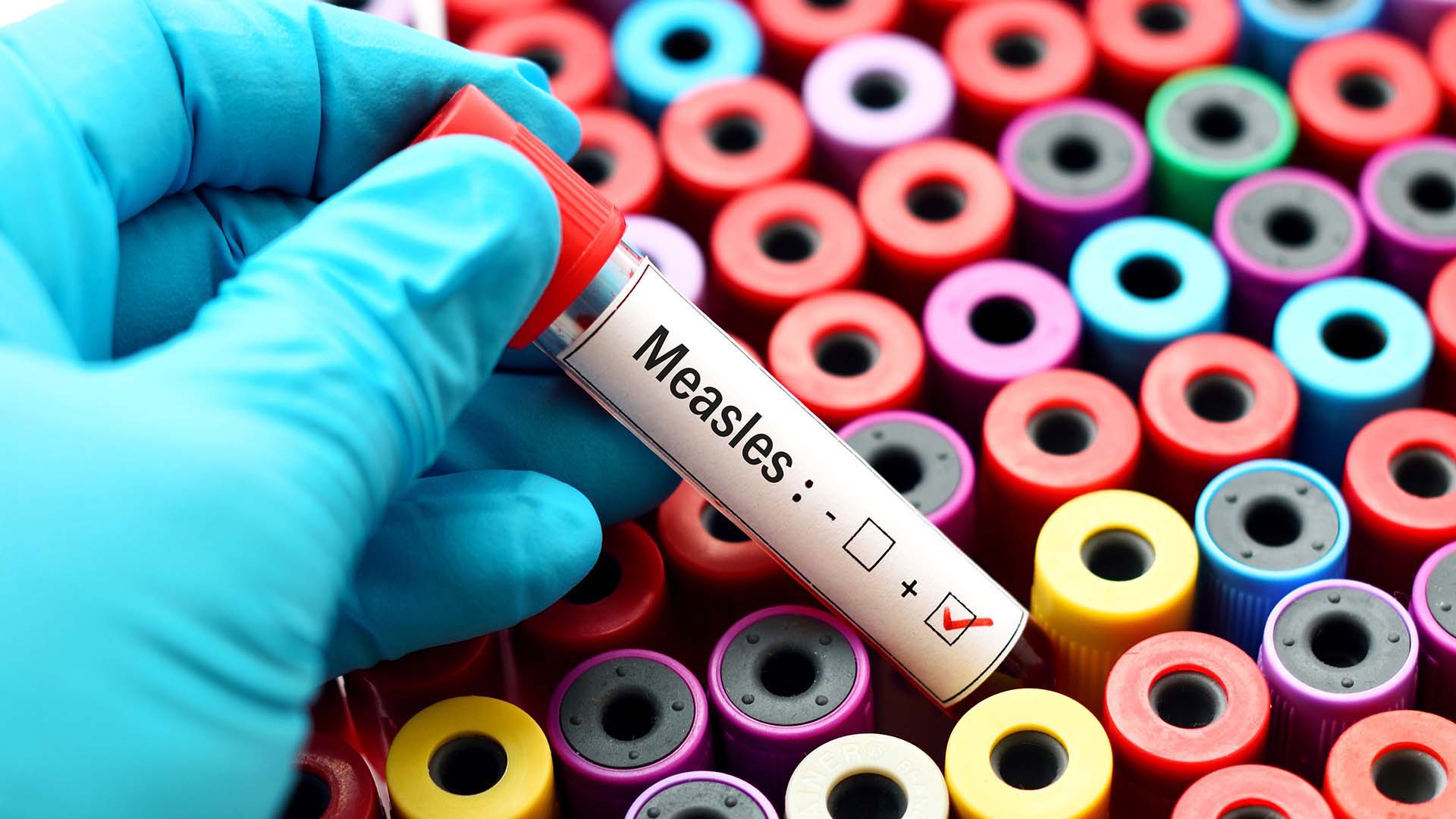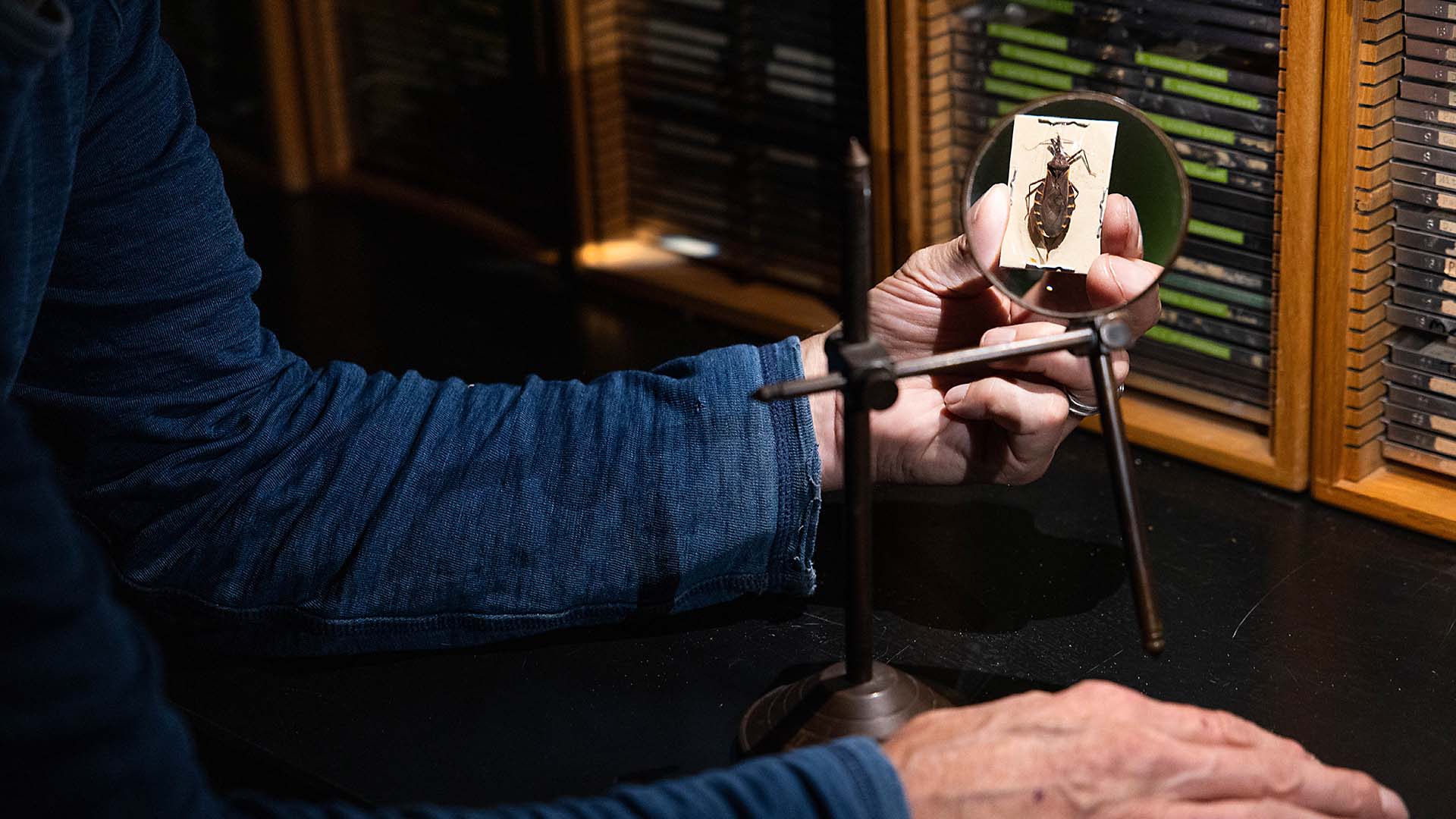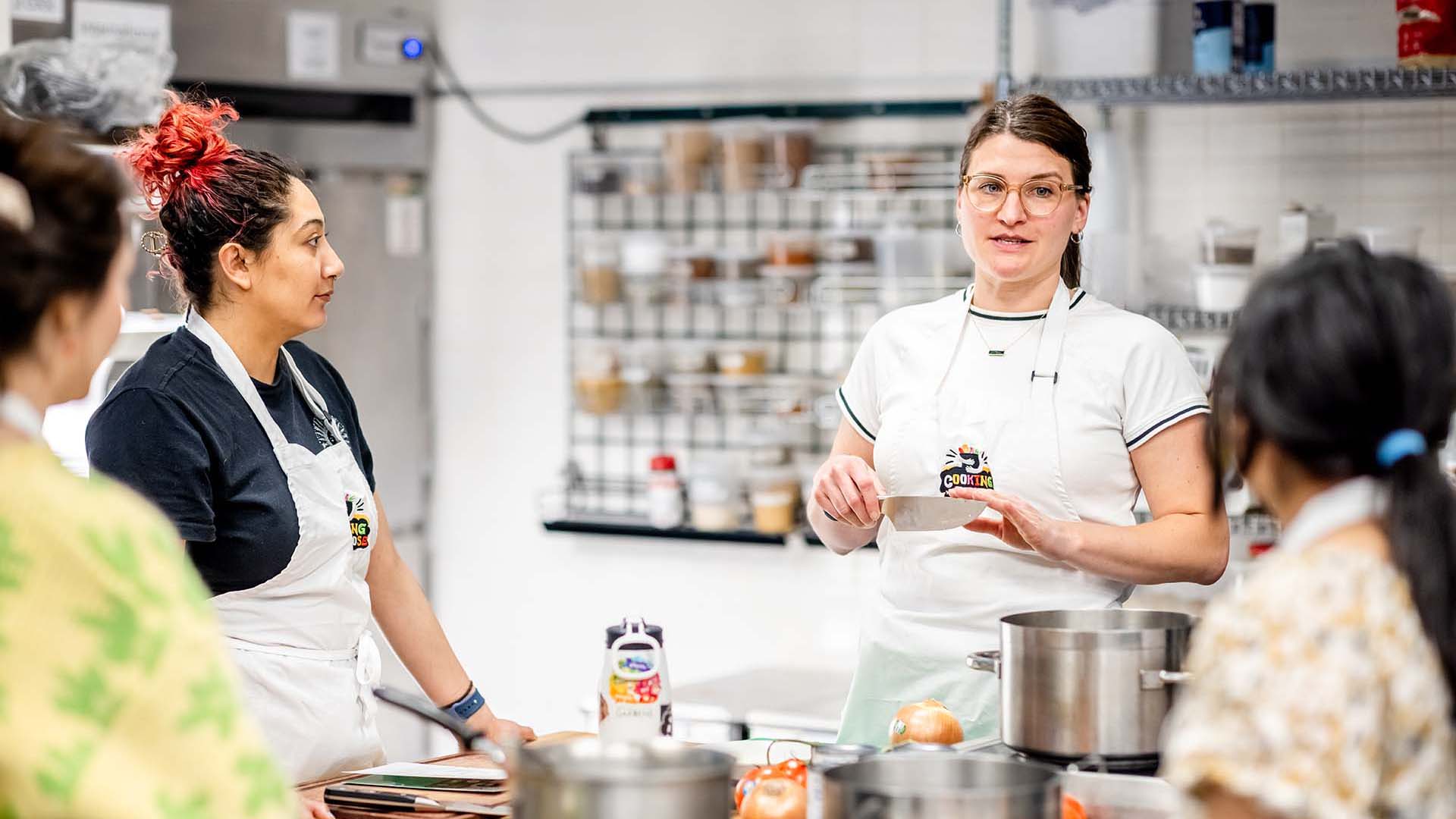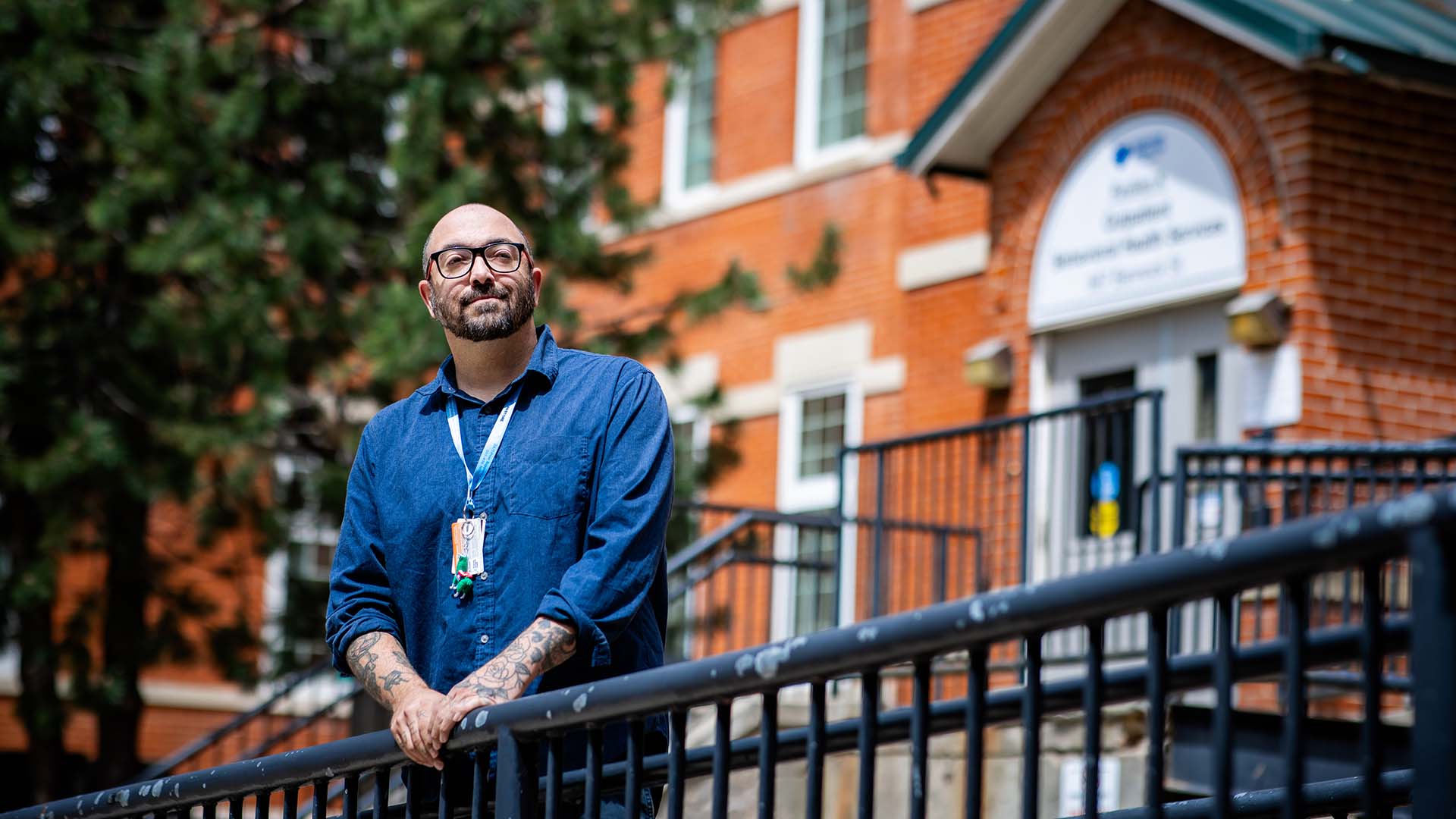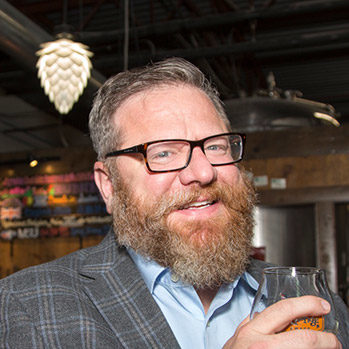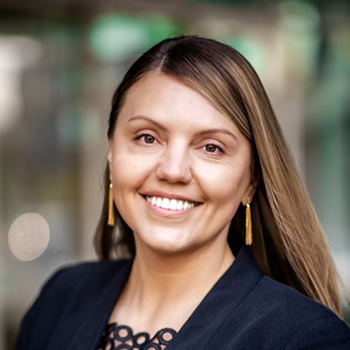Green shoots in the concrete jungle
Urban-agriculture program germinates with help of Acres farm.
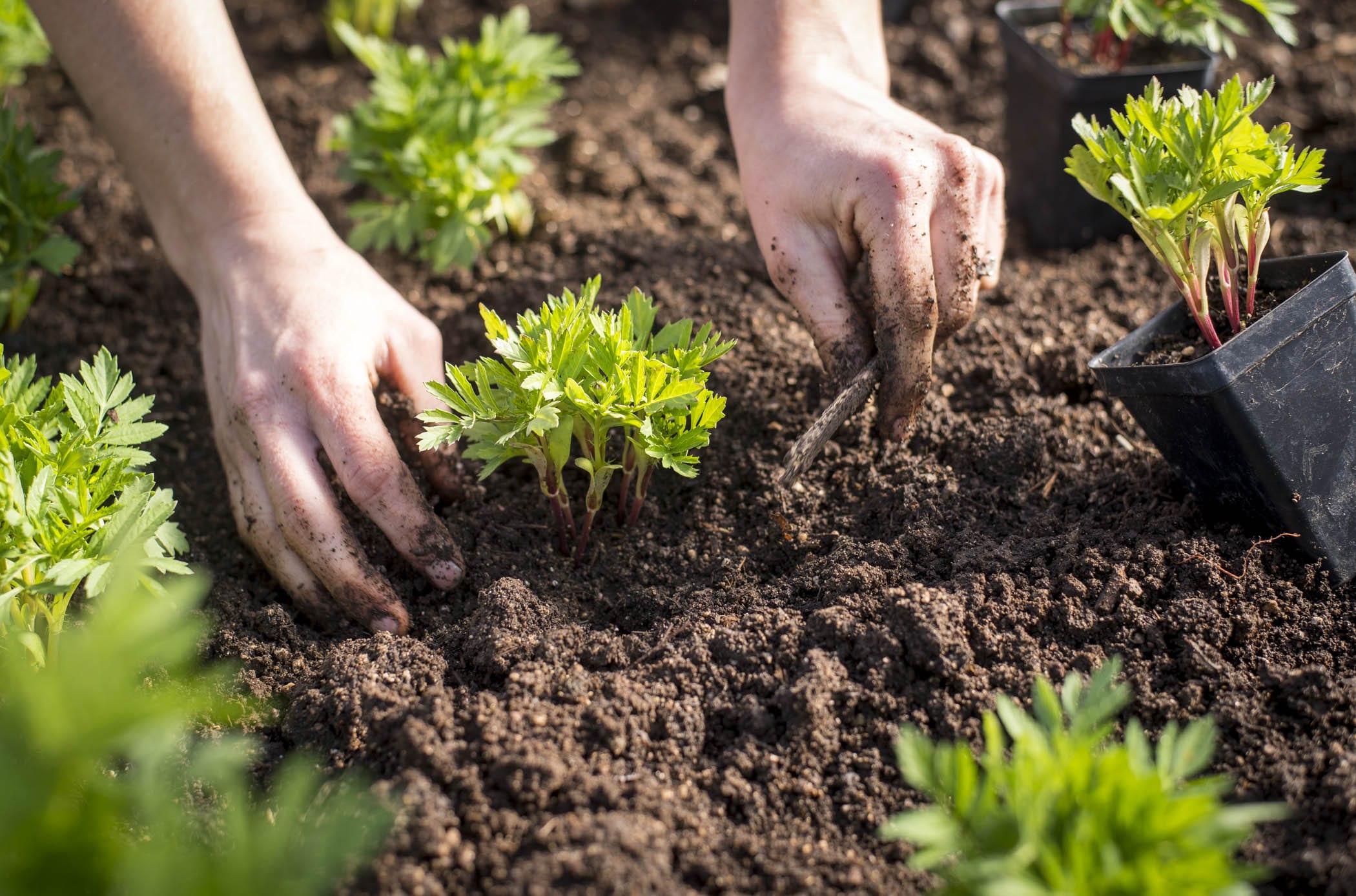
When Amanda Hillard says she gets her hands dirty with her schoolwork, it’s not an idiom for hard work – she actually gets her hands dirty.
And she’s fine with that. In fact, it’s one of the reasons she liked the Metropolitan State University of Denver course called urban vegetable farming. “It’s all about being able to get our hands dirty, literally, where I truly make a connection with the soil and the plants,” says Hillard, a senior majoring in sustainability in integrated life systems.
Hillard is among the first group of students who are earning a certificate in urban agriculture, which MSU Denver began offering last year. The program teaches students the business of farming from the ground up – greenhouse management, food preservation, agribusiness and farm-to-table sustainability.
In earning the certificate, a good chunk of her time is spent not in a classroom but at Acres, a small farm run by Jeffco Schools’ Career and Technical Education Department in Lakewood. MSU Denver began collaborating with the farm four years ago, and much of the organic food grown there (beans, carrots, eggplant, tomatoes, cucumbers, onions and more) ends up on the tables of some of Denver’s coolest high-end restaurants.

“The best thing about working at the Acres farm was the hands-on learning,” says Hillard, who plans to start an urban farm north of Denver. “Growing plants from seed to harvest is something that has to be done to really understand farming.”
Josh Olsen, who manages Acres, says the work there gives MSU Denver students much-needed technical education that’s been ignored in the U.S. for decades.
“As a nation, we’ve focused more on office jobs and less on technical jobs like agriculture, and now we’re behind the eight ball in catching up and providing workers in agriculture,” Olsen says. “But I think this collaboration (with MSU Denver) is a solid step in the right direction in correcting that.”
David DeMalteris, an affiliate professor at MSU Denver who teaches greenhouse management and urban vegetable farming, agrees and says the alliance makes both organizations pioneers in urban agriculture in metro Denver.
“Every farmer I have met has learned through doing, including myself. So it’s the experiential aspect that makes this collaboration special,” DeMalteris says. “It’s about giving students real-life work experience and reconnecting that lost thread of agricultural wisdom and practicality that used to be commonplace 100 years ago.”

Of course, now the technology behind farming has grown far beyond pitchforks and rakes. DeMalteris says it’s much more about soil science, drone technology, computer integration and energy savings.
“An urban farmer has to decide the right tool for the job, and it’s a rewarding activity that’s accessible and practical,” he says. “You could call it a renaissance of farming.”
Jackson Lamb, a professor in the Department of Hospitality, Tourism and Events at MSU Denver, adds that urban farming responds to the trends of farm-to-table restaurants, food waste and genetically modified organisms.
“The underlying question most foodies want to know is, ‘Where does my food come from?’” Lamb says.
Lamb adds that the practical nature of the urban-agriculture certificate is continuing this spring as MSU Denver builds a miniature urban farm on the third-floor roof of the Student Success Building.
“With the City of Denver now mandating the creation of green roofs, we’re creating a rooftop oasis that will yield vegetables that MSU Denver culinary classes will use this summer,” Lamb says. “Excess product will be donated to the MSU Food Bank, serving all students.”

